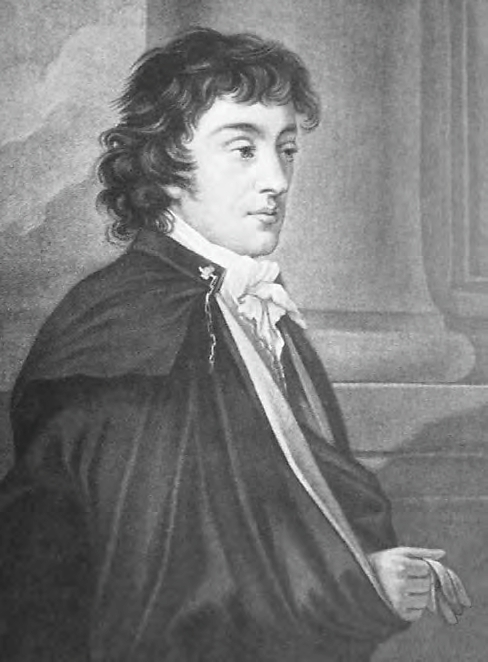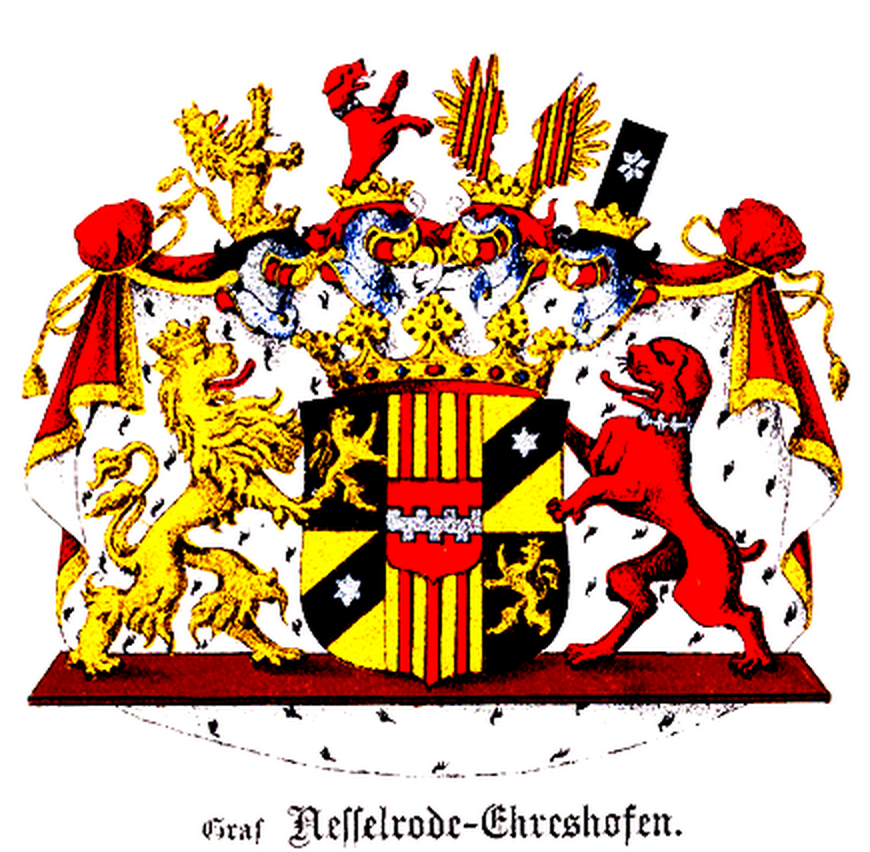|
Ministry Of Foreign Affairs Of The Russian Empire
The Ministry of Foreign Affairs of the Russian Empire (russian: Министе́рство иностранных дел Российской империи) was a ministry of the Russian Empire responsible for relations with foreign states from 1802 to 1917. The Ministry of Foreign Affairs was established by decree of the Emperor Alexander I of Russia on 8 September 1802 by Manifesto "On the establishment of ministries." With the formation of the Ministry of Foreign Affairs, the preceding Collegium of Foreign Affairs was not disbanded and continued to exist until April 1832 as a child agency of the Ministry. According to the decree "On the formation of the Ministry of Foreign Affairs" from 1832, the Ministry included the Council, the Asian Department, the Department of External Relations, the Department of Internal Affairs and the Department of Economic and Accounting Affairs, as well as three main archives: two in Saint Petersburg and one in Moscow. The Ministry of Foreign Aff ... [...More Info...] [...Related Items...] OR: [Wikipedia] [Google] [Baidu] |
Russian Empire
The Russian Empire was an empire and the final period of the Russian monarchy from 1721 to 1917, ruling across large parts of Eurasia. It succeeded the Tsardom of Russia following the Treaty of Nystad, which ended the Great Northern War. The rise of the Russian Empire coincided with the decline of neighbouring rival powers: the Swedish Empire, the Polish–Lithuanian Commonwealth, Qajar Iran, the Ottoman Empire, and Qing China. It also held colonies in North America between 1799 and 1867. Covering an area of approximately , it remains the third-largest empire in history, surpassed only by the British Empire and the Mongol Empire; it ruled over a population of 125.6 million people per the 1897 Russian census, which was the only census carried out during the entire imperial period. Owing to its geographic extent across three continents at its peak, it featured great ethnic, linguistic, religious, and economic diversity. From the 10th–17th centuries, the land ... [...More Info...] [...Related Items...] OR: [Wikipedia] [Google] [Baidu] |
Adam Jerzy Czartoryski
Adam Jerzy Czartoryski (; lt, Аdomas Jurgis Čartoriskis; 14 January 177015 July 1861), in English known as Adam George Czartoryski, was a Polish nobleman, statesman, diplomat and author. The son of a wealthy prince, he began his political career as a foreign minister to the Russian Tsar Alexander I after Poland was partitioned by Russia, Prussia and Austria. He later became a leader of the Polish government in exile and a bitter opponent of Alexander's successor, Tsar Nicholas I. In exile, he advocated for the reestablishment of a sovereign Polish state, which also stimulated early Balkan and Belgian nationalism, and intensified their desire for independence. Czartoryski was a dedicated patron of arts and greatly contributed to the Czartoryski Collection. In 1798, he purchased one of Poland's most important national treasures – Leonardo da Vinci's ''Lady with an Ermine'', which he brought as a gift for his mother from Italy. Early life and education Czartoryski was b ... [...More Info...] [...Related Items...] OR: [Wikipedia] [Google] [Baidu] |
Mikhail Nikolayevich Muravyov
Count Mikhail Nikolayevich Muravyov (russian: Граф Михаи́л Никола́евич Муравьёв) (, Saint Petersburg – ) was a Russian politician, statesman who advocated transferring the attention of Russian foreign policy from Europe to the Far East. He is probably best remembered for having initiated the Hague Peace Conference. Life and career Mikhail Muravyov was the son of General Count Nicholas Muravyov (governor of Grodno), and grandson of Count Mikhail Nikolayevich Muravyov-Vilensky, who became notorious for his drastic measures in stamping out the January Uprising, Polish insurrection of 1863 in the Lithuanian provinces. He was educated at a secondary school at Poltava, and was for a short time at Heidelberg University. In 1864, he entered the chancellor, chancellery of the minister of foreign affairs at St.Petersburg, and was soon afterwards attached to the Russian legation at Stuttgart, where he attracted the notice of Queen Olga of Württemberg. ... [...More Info...] [...Related Items...] OR: [Wikipedia] [Google] [Baidu] |
Nicholas II Of Russia
Nicholas II or Nikolai II Alexandrovich Romanov; spelled in pre-revolutionary script. ( 186817 July 1918), known in the Russian Orthodox Church as Saint Nicholas the Passion-Bearer,. was the last Emperor of Russia, King of Congress Poland and Grand Duke of Finland, ruling from 1 November 1894 until his abdication on 15 March 1917. During his reign, Nicholas gave support to the economic and political reforms promoted by his prime ministers, Sergei Witte and Pyotr Stolypin. He advocated modernization based on foreign loans and close ties with France, but resisted giving the new parliament (the Duma) major roles. Ultimately, progress was undermined by Nicholas's commitment to autocratic rule, strong aristocratic opposition and defeats sustained by the Russian military in the Russo-Japanese War and World War I. By March 1917, public support for Nicholas had collapsed and he was forced to abdicate the throne, thereby ending the Romanov dynasty's 304-year rule of Russia (16 ... [...More Info...] [...Related Items...] OR: [Wikipedia] [Google] [Baidu] |
Alexei Lobanov-Rostovsky
Prince Aleksey Borisovich Lobanov-Rostovsky (russian: Князь Алексе́й Бори́сович Лоба́нов-Росто́вский) ( in Voronezh Governorate – ) was a Russian statesman, probably best remembered for having concluded the Li-Lobanov Treaty with China, the Peace of Constantinople with the Ottoman Empire, and for his publication of the ''Russian Genealogical Book'' (in two volumes). Life Descended from the legendary prince Rurik, Prince Lobanov-Rostovsky was educated at Tsarskoye Selo Lyceum. At the age of twenty, he entered the diplomatic service and became minister at Constantinople in 1859. In 1863, a regrettable incident in his private life made him retire temporarily from the public service, but four years later he re-entered it and served for ten years as an assistant to the minister of the interior. At the close of the Russo-Turkish war in 1878, he was selected by Alexander II as ambassador to Constantinople, and for more than a year he car ... [...More Info...] [...Related Items...] OR: [Wikipedia] [Google] [Baidu] |
Alexander III Of Russia
Alexander III ( rus, Алекса́ндр III Алекса́ндрович, r=Aleksandr III Aleksandrovich; 10 March 18451 November 1894) was Emperor of Russia, King of Poland and Grand Duke of Finland from 13 March 1881 until his death in 1894. He was highly reactionary and reversed some of the liberal reforms of his father, Alexander II. This policy is known in Russia as "counter-reforms" ( rus, контрреформы). Under the influence of Konstantin Pobedonostsev (1827–1907), he opposed any reform that limited his autocratic rule. During his reign, Russia fought no major wars; he was therefore styled "The Peacemaker" ( rus, Миротворец, Mirotvorets, p=mʲɪrɐˈtvorʲɪt͡s). It was he who helped forge the Russo-French Alliance. Personality Grand Duke Alexander Alexandrovich was born on 10 March 1845 at the Winter Palace in Saint Petersburg, Russian Empire, the second son and third child of Tsesarevich Alexander (Future Alexander II) and his first wife ... [...More Info...] [...Related Items...] OR: [Wikipedia] [Google] [Baidu] |
Nicholas De Giers
Nikolay de Girs or Giers (russian: Никола́й Ка́рлович Гирс ''Nikolay Karlovich Girs'') ( – ) was the Russian Foreign Minister, 1882-1895, during the reign of Alexander III of Russia, Alexander III. He was one of the architects of the Franco-Russian Alliance, which was later transformed into the Triple Entente, He promoted an image of Russia as a peaceful partner in dealing with complex and dangerous diplomatic situations, but most of the public credit went to Tsar Alexander. Biography Nikolay Girs was born in Ukraine. Like his predecessor, Alexander Gorchakov, Prince Gorchakov, he was educated at the Tsarskoye Selo Lyceum, near St Petersburg, but his career was much less rapid, because he had no influential protectors, and was handicapped by being a Protestant of Teutonic origin. At the age of eighteen, he entered the service of the Eastern department of the ministry of foreign affairs, and spent more than twenty years in subordinate posts, chiefly in ... [...More Info...] [...Related Items...] OR: [Wikipedia] [Google] [Baidu] |
Alexander II Of Russia
Alexander II ( rus, Алекса́ндр II Никола́евич, Aleksándr II Nikoláyevich, p=ɐlʲɪˈksandr ftɐˈroj nʲɪkɐˈlajɪvʲɪtɕ; 29 April 181813 March 1881) was Emperor of Russia, Congress Poland, King of Poland and Grand Duke of Finland from 2 March 1855 until Assassination of Alexander II of Russia, his assassination in 1881. Alexander's most significant reform as emperor was the emancipation reform of 1861, emancipation of Serfdom in Russia, Russia's serfs in 1861, for which he is known as Alexander the Liberator ( rus, Алекса́ндр Освободи́тель, r=Aleksándr Osvobodytel, p=ɐlʲɪˈksandr ɐsvəbɐˈdʲitʲɪlʲ). The tsar was responsible for other reforms, including reorganizing the judicial system, setting up elected local judges, abolishing corporal punishment, promoting local self-government through the ''zemstvo'' system, imposing universal military service, ending some privileges of the nobility, and promoting university e ... [...More Info...] [...Related Items...] OR: [Wikipedia] [Google] [Baidu] |
Alexander Gorchakov
Prince Alexander Mikhailovich Gorchakov (Russian: Алекса́ндр Миха́йлович Горчако́в; 15 July 179811 March 1883) was a Russian diplomat and statesman from the Gorchakov princely family. He has an enduring reputation as one of the most influential and respected diplomats of the mid-19th century. Scholars agree that the termination of the demilitarisation of the Black Sea was Gorchakov's greatest accomplishment but add that he stayed too long as foreign minister. Early life and career Gorchakov was born at Haapsalu, Governorate of Estonia, and was educated at the Tsarskoye Selo Lyceum, where he had the poet Alexander Pushkin as a school-fellow. He became a good classical scholar, and learned to speak and write in French with facility and elegance. Pushkin in one of his poems described young Gorchakov as ''Fortune's favoured son'', and predicted his success. On leaving the lyceum Gorchakov entered the foreign office under Count Nesselrode. His first di ... [...More Info...] [...Related Items...] OR: [Wikipedia] [Google] [Baidu] |
Nicholas I Of Russia
Nicholas I , group=pron ( – ) was List of Russian rulers, Emperor of Russia, Congress Poland, King of Congress Poland and Grand Duke of Finland. He was the third son of Paul I of Russia, Paul I and younger brother of his predecessor, Alexander I of Russia, Alexander I. Nicholas inherited his brother's throne despite the failed Decembrist revolt against him. He is mainly remembered in history as a reactionary whose controversial reign was marked by geographical expansion, economic growth, and massive industrialisation on the one hand, and centralisation of administrative policies and repression of dissent on the other. Nicholas had a happy marriage that produced a large family; all of their seven children survived childhood. Nicholas's biographer Nicholas V. Riasanovsky said that he displayed determination, singleness of purpose, and an iron will, along with a powerful sense of duty and a dedication to very hard work. He saw himself as a soldier—a junior officer totally consumed ... [...More Info...] [...Related Items...] OR: [Wikipedia] [Google] [Baidu] |
Karl Nesselrode
Karl Robert Reichsgraf von Nesselrode-Ehreshoven, also known as Charles de Nesselrode (Russian: Карл Васильевич Нессельроде, ''Karl Vasilyevich Nesselrode''; 14 December 1780 – 23 March 1862) was a Russian German diplomat. For forty years (1816–1856) Nesselrode guided Russian policy as foreign minister. He was also a leading European conservative statesman of the Holy Alliance. Early life Karl von Nesselrode was born at sea near Lisbon, Portugal into the Uradel House of Nesselrode which originated in the Bergisches Land. His father Count Wilhelm Karl von Nesselrode (1724 - 1810), a count of the Holy Roman Empire, served at the time as the ambassador of the Russian Empress to Portugal. His mother was Louise Gontard (1746-1785), whose family belonged to Huguenot noble families from Dauphiné that fled from France to Germany in 1700. In deference to his mother's Protestantism he was baptized in the chapel of the British Embassy, thus becoming a memb ... [...More Info...] [...Related Items...] OR: [Wikipedia] [Google] [Baidu] |


.jpg)



.jpg)
.jpg)


